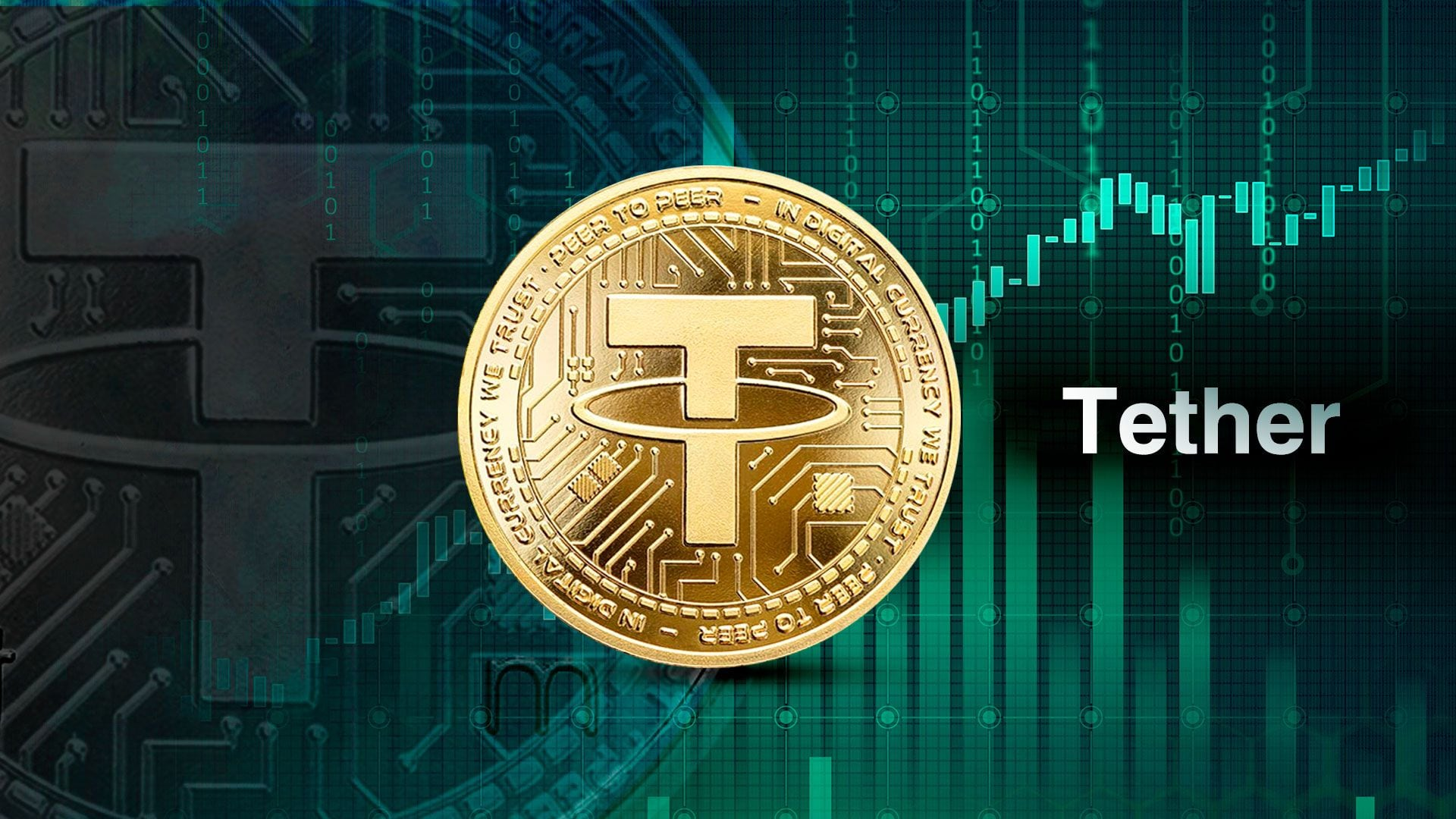Tether, issuer of the world's largest stablecoin, announced on Sunday the freezing of $85,877 in USDt linked to stolen funds, in cooperation with authorities. This move has revived the debate about the role of centralized stablecoin issuers in enforcing cryptocurrency regulatory compliance.
The freeze, while relatively minor compared to other similar actions by Tether, adds to the company's growing history of intervention. Tether claims to have frozen over $2.5 billion in USDt linked to illicit activities and blocked more than 2,090 wallets in cooperation with global authorities.
Unlike truly decentralized and censorship-resistant cryptocurrencies, like Bitcoin and Ethereum, where no entity can block or reverse transactions, Tether and other stablecoin issuers can freeze USDt and their respective stablecoins at the smart contract level.
This centralized control allows stablecoin issuers to respond quickly to hacks, scams, and regulatory pressures. In Tether's case, this has resulted in one of the largest asset freezes in cryptocurrency history.
In November 2023, Tether froze $225 million in USDt from wallet addresses linked to a human trafficking network and Southeast Asian romance scams (often referred to as the "killing mafia"). The operation was carried out in collaboration with OKX and U.S. law enforcement, including the Department of Justice and the Secret Service.
In June 2025, Tether targeted 112 wallets containing approximately $700 million in USDt on the Tron and Ethereum blockchains. The funds were linked to entities with ties to Iran, and the freezing was interpreted as part of broader efforts to enforce U.S. sanctions amid rising geopolitical tensions.
These high-profile interventions reflect a shift in the perception of stablecoins: not just as digital dollars, but as active instruments of financial control. CEO Paolo Ardoino has embraced Tether's evolving identity as a guarantor of regulatory compliance in the cryptocurrency space.
"Tether's ability to track transactions and freeze USDt linked to illicit activities sets it apart from traditional and decentralized fiat assets," Ardoino wrote in a blog post published in March on Tether's website. "We take our responsibility to combat financial crime very seriously and will continue to work closely with international law enforcement."
Tether's ability and willingness to freeze its users' funds has raised concerns in the crypto community. Critics argue that if stablecoin issuers routinely cooperate with law enforcement, the outcome could resemble a central bank digital currency (CBDC), undermining the fundamental values of cryptocurrencies: financial sovereignty and decentralization.
X users described Tether's recent action as a "slippery slope." One user wrote: "Can someone explain why this is not exactly what a CBDC is?"
Another person following the story commented that "centralized control has its downsides." In this case, Tether's "swift response prevented $85,000 from being lost into the void."
